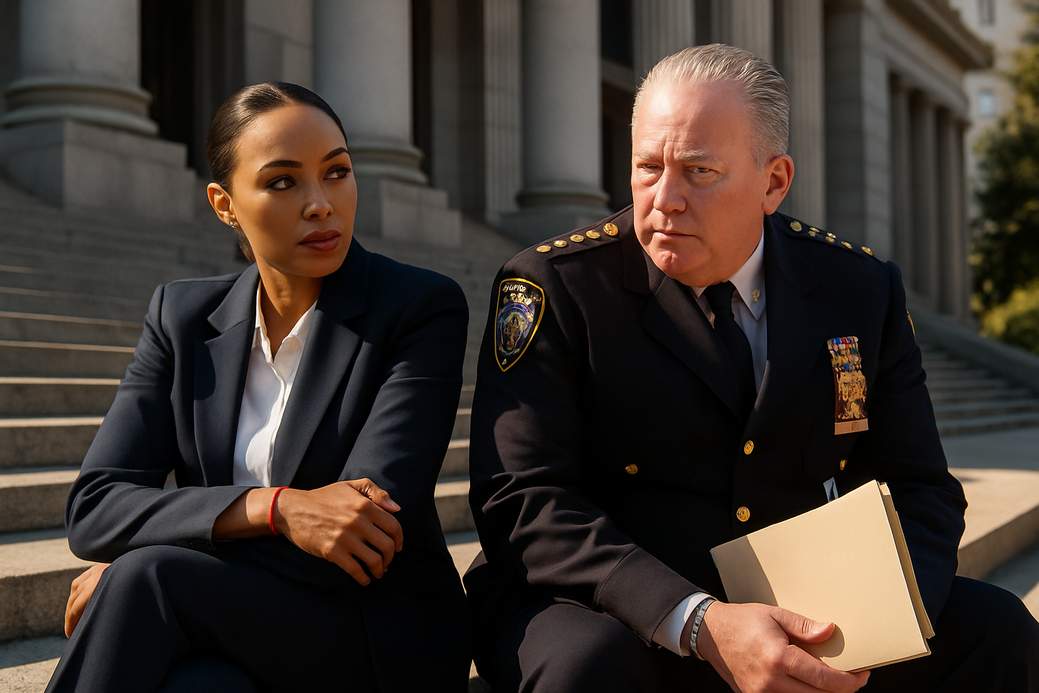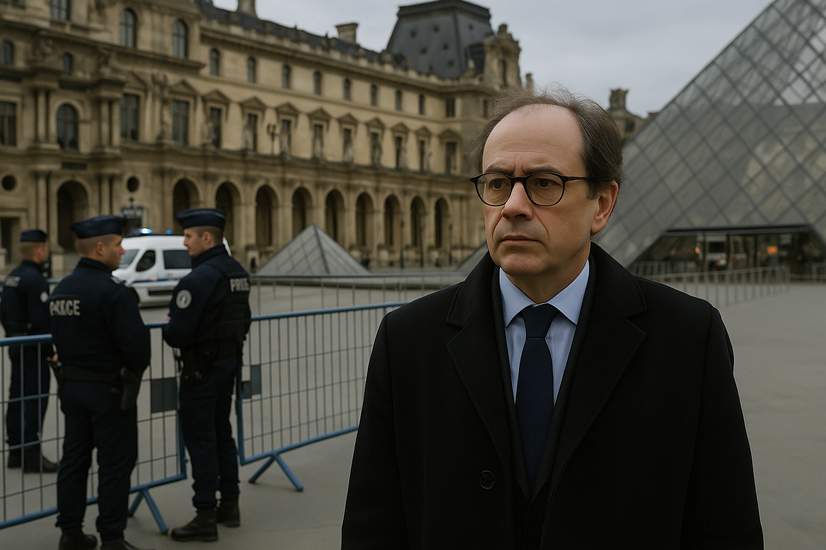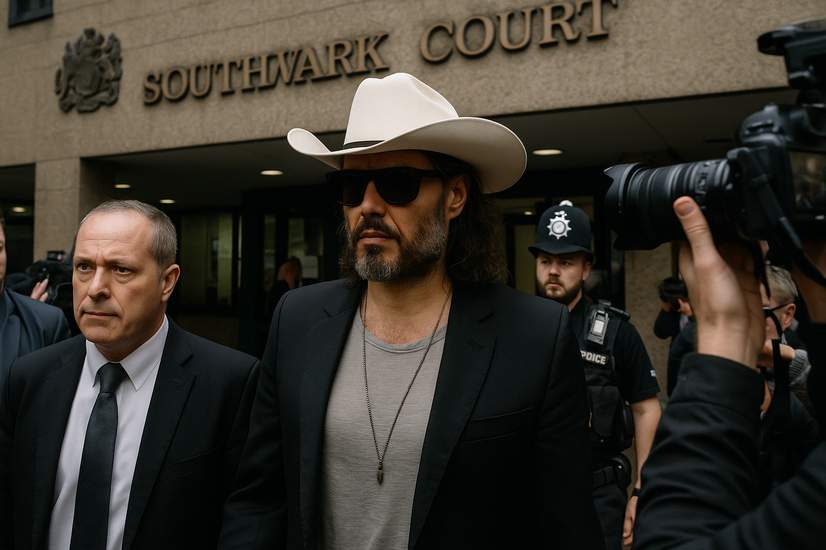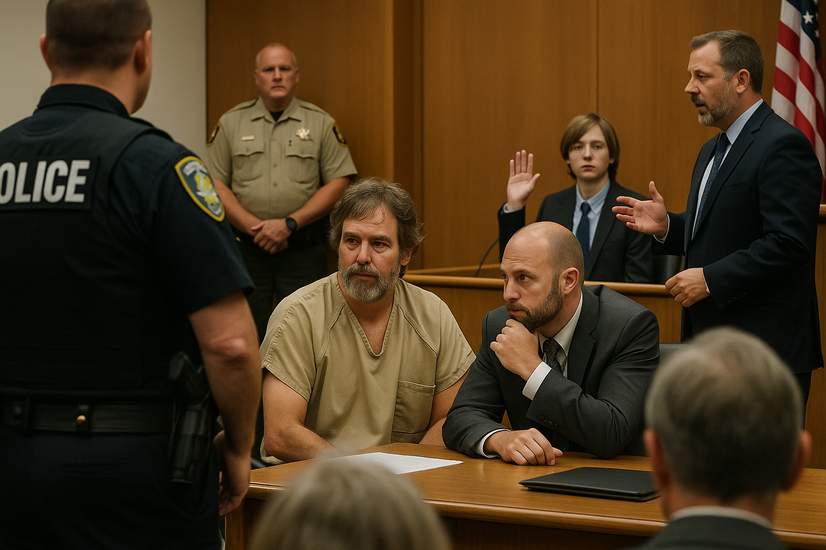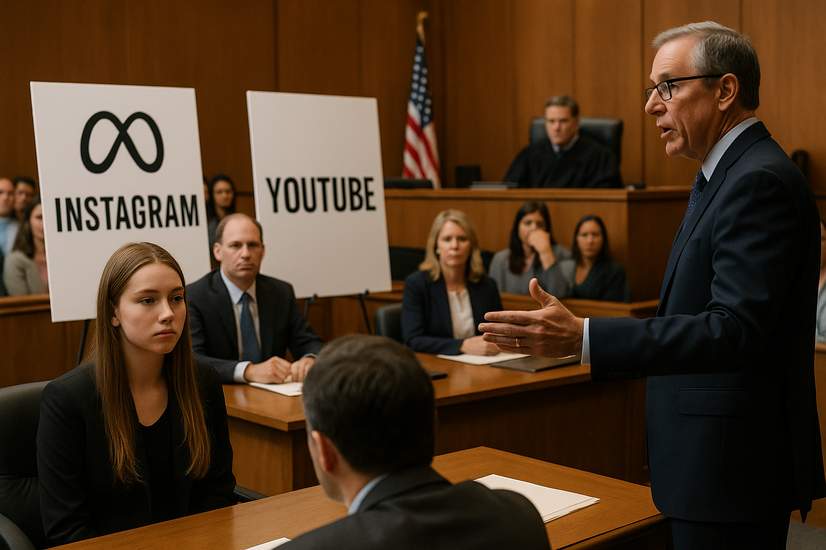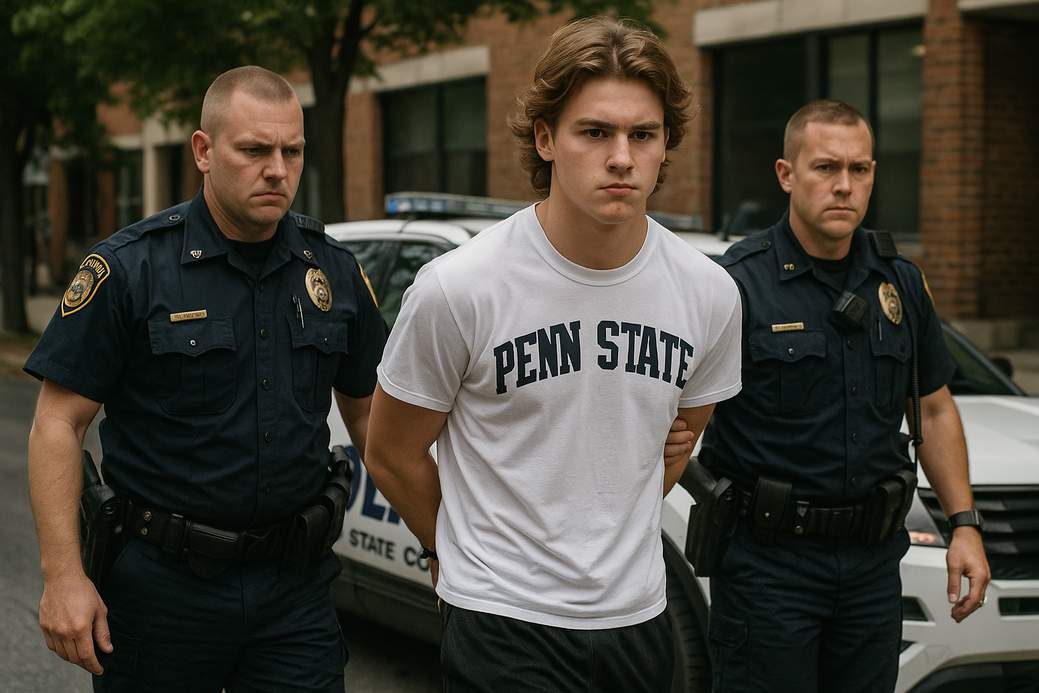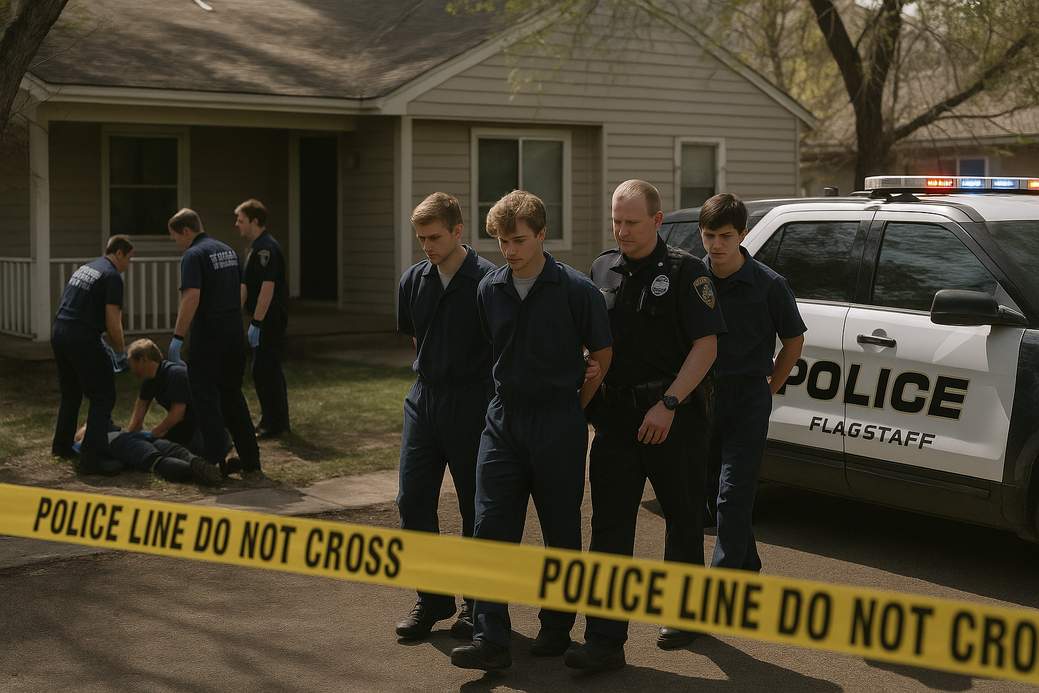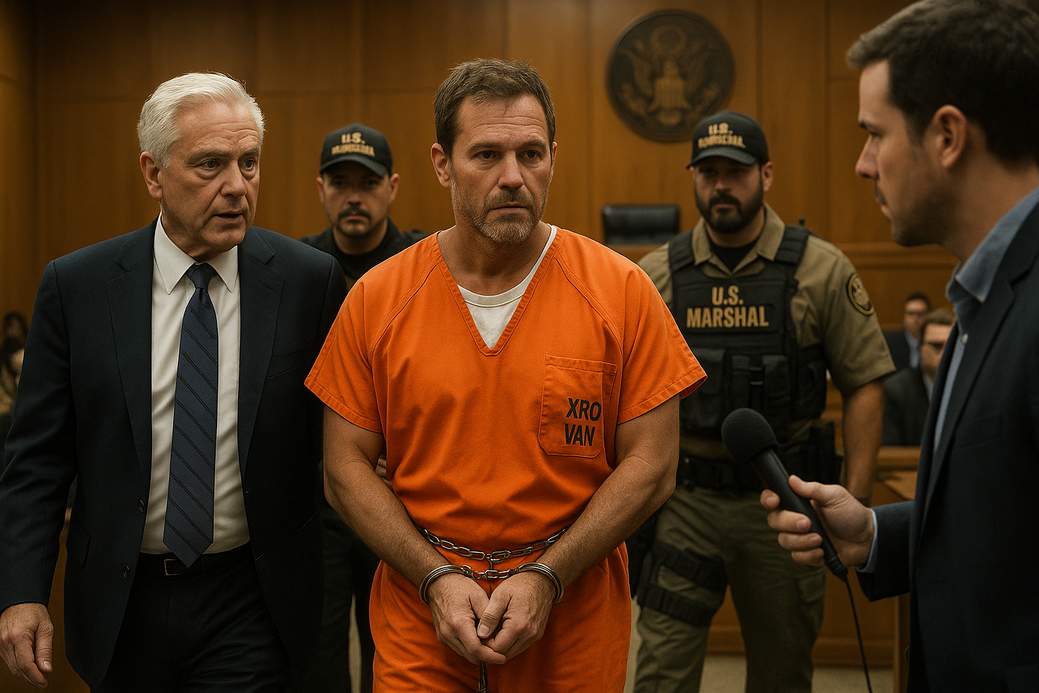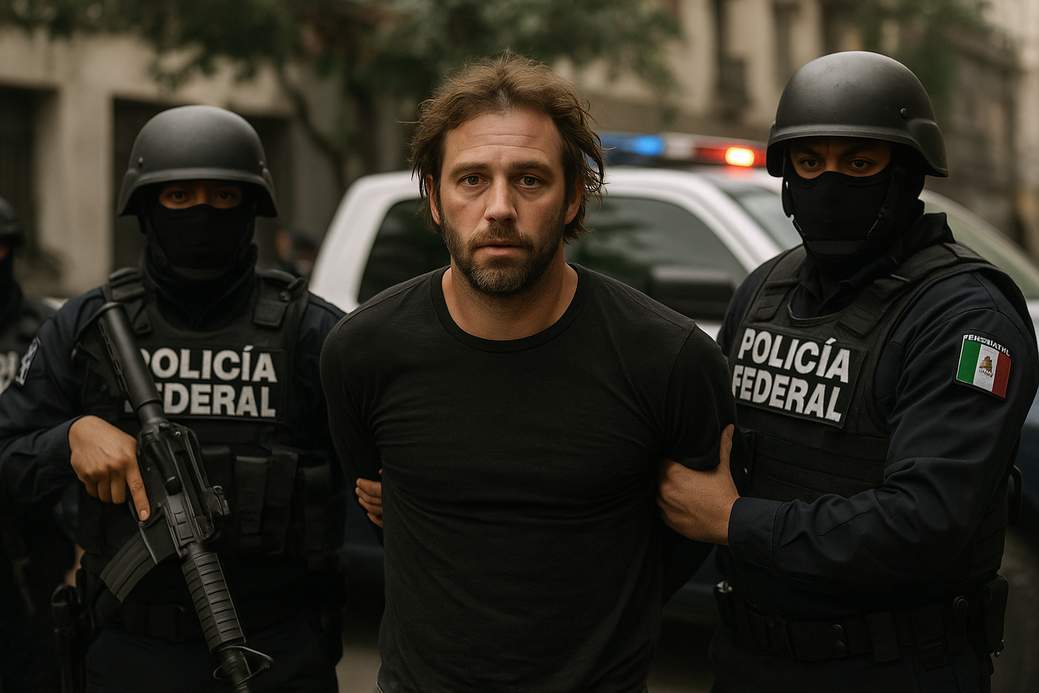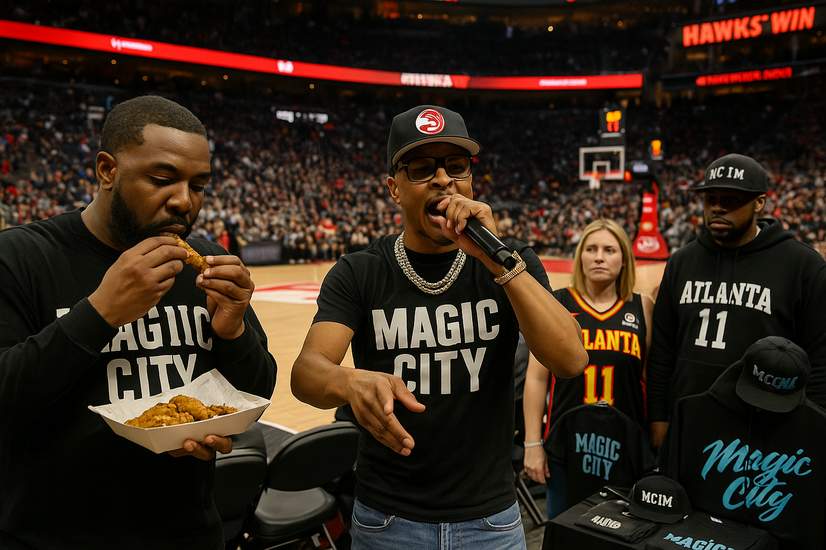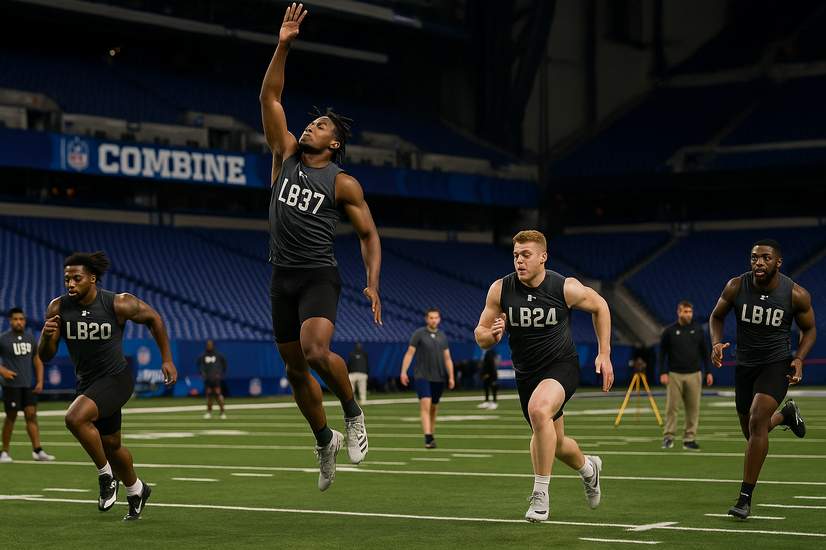Quick take
After 31 years in the force, John Chell — the NYPD’s top uniformed officer — has told colleagues he’s stepping away, with fewer than three months left in Mayor Eric Adams’ term. If you were expecting a quiet exit, well… this one comes with its fair share of headlines, critics, and courtroom detours.
A polarizing run
Chell’s career reads like a multiplication table of intensity: hardworking and admired by some, divisive and confrontational to others. He rose through the ranks and became a public face for the department, often showing up on TV and social media to defend officers — sometimes in ways that city investigators later called unprofessional.
Big on visibility (and controversy)
He didn’t shy away from the spotlight. From appearing in uniform at a high-profile political rally to turning up at events with powerful figures, Chell made it clear he loved being a visible leader — which won him supporters who praised his hustle and critics who said he blurred the line between policing and politics.
Car chases, a new playbook, and the Community Response Team
When Chell ran patrol, department policy shifted toward pursuing fleeing vehicles more aggressively. That change helped trigger a nearly sixfold jump in pursuits early in 2023 and, according to internal data, dozens of collisions and tragic injuries and deaths over the next two years. The unit linked to many of those actions — the Community Response Team — became notorious for forceful quality-of-life enforcement and, reportedly, for operating without written rules or required training.
Allegations, secrecy, and a lawsuit
Former interim commissioner Thomas Donlon later accused top leaders of keeping the CRT under the radar and alleged it was used in ways that harmed civilians, especially in communities of color. The department’s secrecy around the team drew sharp criticism and legal scrutiny, and the controversy has continued to ripple through local courts and investigations.
Mistakes that followed him
Chell’s record includes episodes that stuck with him. Years ago he was involved in a shooting that led a civil jury to conclude the shot was intentional, costing the city a multi-million-dollar settlement. And internal records revealed he’d faced discipline after an inquiry into tax reporting tied to moonlighting income, a scandal that resulted in a surprisingly light personnel penalty.
Numbers and a mixed scoreboard
Under his watch the city saw a modest drop in many major crimes during part of the year, including a notable decrease in homicides — but some categories, like reported sexual assaults, rose. Those mixed statistics are part of the argument both for his defenders (who point to crime reductions) and his detractors (who highlight the human cost of aggressive tactics).
Retirement timing and pension talk
Reports say Chell is seeking a three-quarter disability pension tied to an ankle injury, which would amount to roughly 75% of his final pay. For someone whose last listed salary was in the high six-figure range as a top patrol chief, that’s a sizable annual income — and one more detail fueling public conversation about his exit.
How colleagues remember him
People who’ve worked with Chell describe him as relentless — the kind of cop who would put in marathon hours and care fiercely about the job. At the same time, those same colleagues say he could be unpredictable and tough on subordinates, and that his leadership style hardened as he climbed the ladder.
What’s next?
With his retirement announcement, the NYPD moves into another transition phase. Questions about policy, accountability, and how to balance public safety with civil liberties remain front and center — and whoever steps into the role after Chell will inherit that messy, complicated legacy.

